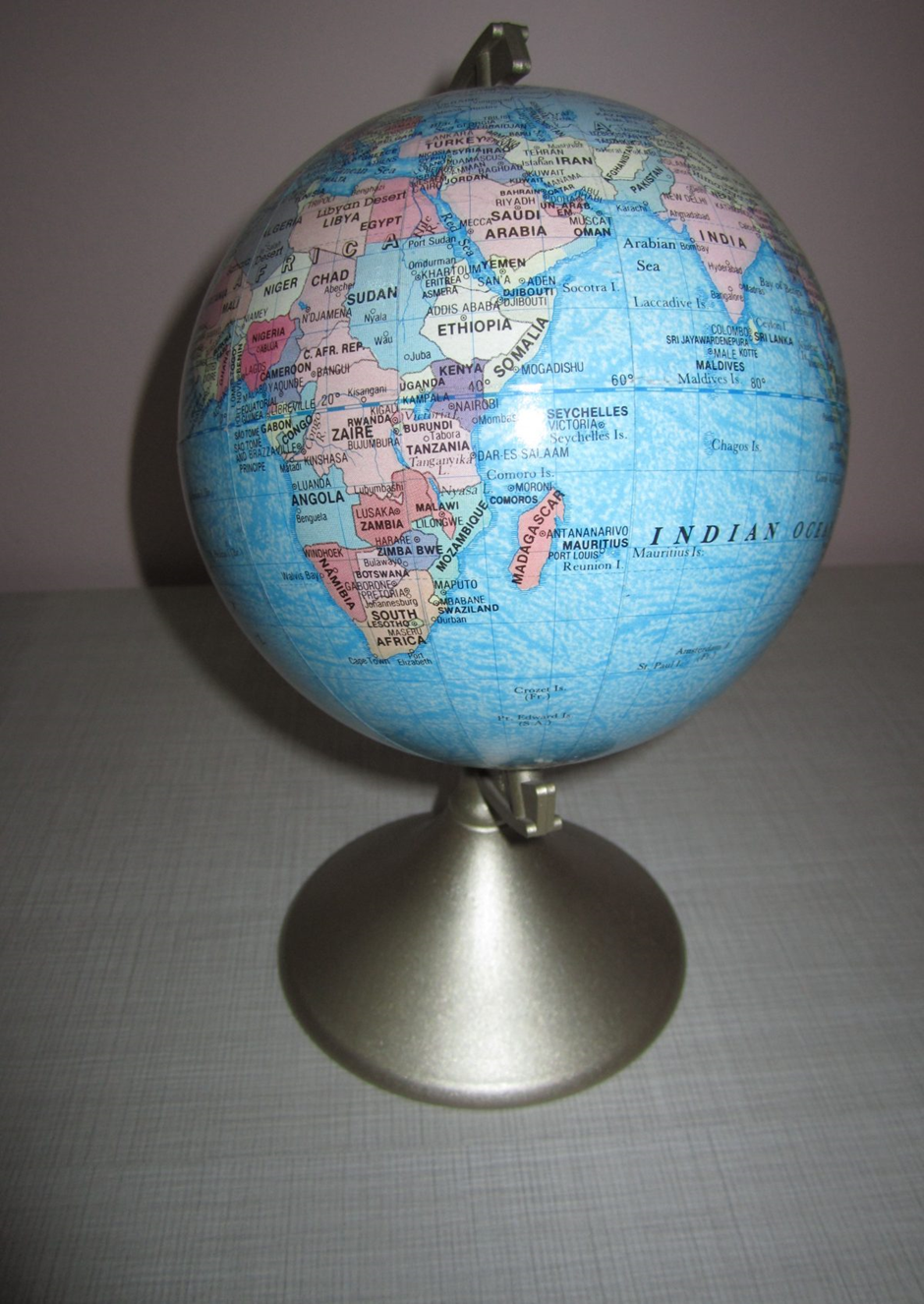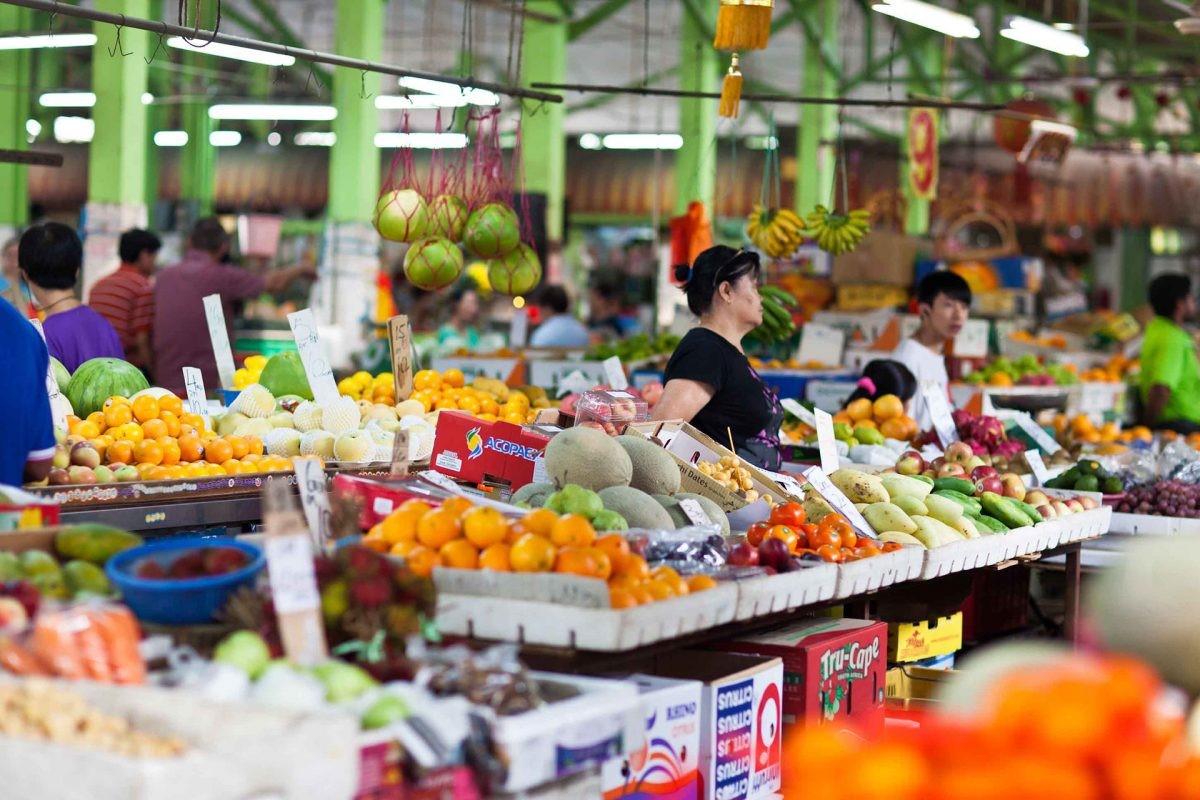When I first met this person as a colleague in 2015, I knew almost immediately that there was something distinctive about her. She also happened to fill the otherwise empty cubicle next to mine at my previous workplace – when the company had openings and she was one of those hired. Generally, she would speak with an accent. But I also noticed that her accent would become much less apparent whenever she and I conveniently code-switched to/code-mixed with the Malay Language. I remember she used to get me lots of begedils (fried potato patties) for lunch. They were slightly oily but oh-so-tasty! In fact, the most exciting part was when we discovered we shared an interest in a particular language associated with the Roman Empire.
Well, she did tell me some bits of her life story that made me realise it resonated so much with what I had learnt in university: to always keep an open mind wherever we go. Feeling that her story was worth sharing, especially after re-watching a recorded TEDx Talk on how identity and home are two fluid concepts, I decided to delve deeper. Not only was I not disappointed, my misconceptions were cleared. When I last chatted with her via one of the messaging apps, she told me she’s working at a trade events company.

Considering herself as a global citizen, Mizah Kholil (pictured) revealed that she had resided in seven countries. As the daughter of a former diplomat, other than Malaysia, she had resided in Austria, Croatia, the USA, Qatar, Jordan and the UK. She brought to light, “In the years we were abroad, sometimes we would go back to Malaysia for summer vacation.” She added, “We would also be in Malaysia in between postings.” Additionally, “We were back in 2002 to 2004, then I repatriated full time when I started university in 2008.” She went on, “I then did my MA in English Literature in England in 2013, and started working in Malaysia in 2015, and have been in the country ever since.”
Asked if she was able to grasp why she was moving or travelling around, especially because she had begun doing so at a very young age, she said:
When you’re a kid, you don’t really think about it. It felt like the most normal thing, especially when you’re surrounded by other expatriate children. Every year, there will always be a few kids transferring to another country, then a new batch coming in. I think it was when I was around 12 that I realised “Oh so this is what my dad does for a living.”
.jpg)
Mizah and her friends – at their high school graduation – in Jordan
Mizah, who had taken the opportunity to travel to at least 30 nearby countries as a tourist whilst abroad, made the distinction clear between travelling to and actually seeking residence in a new place. She contended, “When you live there, you begin to establish connections with people, you immerse yourself in their culture, familiarise with their language, and form lifelong friendships.” She added, “When you have to make your exit, you will leave a piece of your heart in that country.” She accentuated, “Even when you’re no longer based there, you will still have interest in all that goes on. So the places I’ve spent my formative years in will always stay with me.” Taking everything into consideration, she said, “When you grow up with people from different cultures, you will realise that we are always more alike than we are different. The foreign becomes familiar, and this is what stood out to me most.” She opined, “I think it’s a good thing to care about the welfare of countries other than your own.” Smiling, she continued, “I believe this is a step towards world peace.”
On the challenges she had faced, the marketing communications assistant manager said:
When you’re always mobile, there will always be a lot of goodbyes. It came to a point where I thought it was useless to make new friends, because I knew I would have to leave them eventually. It was also tiring to have to keep adjusting to a new place, to be the new kid all the time, plus all the packing and unpacking that comes with it. I remember being in a new school for only six months, and I was doing so well, it was heart-breaking to have to part ways. But it taught me to really cherish every moment and make the most of wherever I am.
Repatriating was also another issue. Once I returned to Malaysia for good, it felt weird to be in one place for so long. You’d think that after years of constantly moving, you’d be happy to settle down but turns out, you’ll miss the globetrotting life. There was also the challenge to find people who understand where I’m coming from, no pun intended.
.jpg)
Spot little Mizah in this – in Croatia
Mizah, who managed to pick up French and Arabic, told me, “It was difficult to repatriate in the beginning, but after some time, I caught up with all the cultural nuances.” With this in mind, “I was never entirely detached from the Malaysian culture.” She expanded, “Growing up outside Malaysia, I was always proud to be a mini ambassador of my own country, sharing our food and culture with the international community.” After all, as she put it, “It’s part of the Embassy life to promote Malaysia through open houses and international bazaars.” It’s no wonder she said, “While I may have missed out on certain aspects of the typical Malaysian childhood, that does not mean I’m any less Malaysian.”
Curious about her education background and the application processes involved, I asked, and this is what she had to say:
My schooling was mostly abroad. I did a little of Year 5, the whole of Year 6 and a bit of Form 1 in Malaysia. You always have to apply for a school and do entrance exams and interviews. Schools have the right to accept or reject.
As someone who has developed a certain level of intercultural competence, Mizah pointed out, “As the world becomes more globalised, there is no room for insularity, ethnocentrism and ignorance.” In her opinion, “I think exposure to different cultures is very important for society, as a whole, and the earlier the better.” Citing Malaysia’s diversity, she said, “We must not take our diversity for granted, as there is so much we can learn from each other.”
Global citizens: Those who are not only tied to the citizenships they hold, but also identify themselves as citizens of the world as a result of wide international exposure, and have the skills and abilities to approach and understand not only local but global issues.
Repatriation: The return of someone to his/her place of origin.
Insularity: Someone who has no interest in learning or interacting with others outside his/her own culture.
Ethnocentrism: Someone who views their ethnic group as superior to others.
Intercultural competence: The measure of how well and effectively one can function and communicate with those from different cultures.



.jpg)
.jpg)







Showing 0 comments